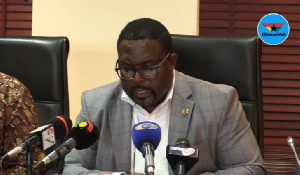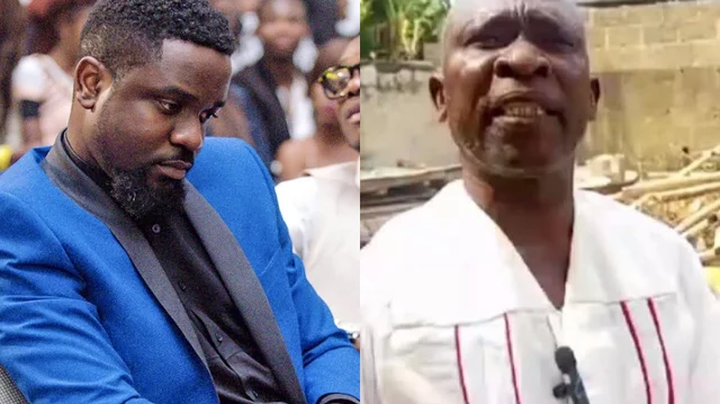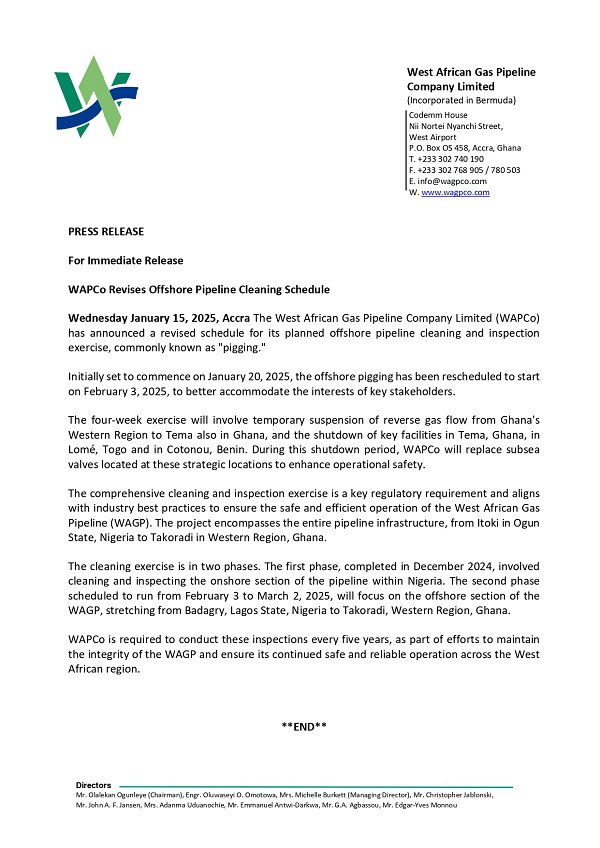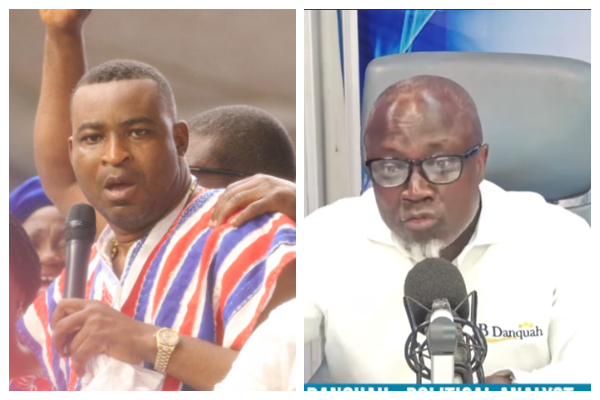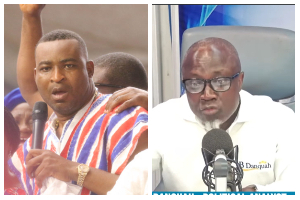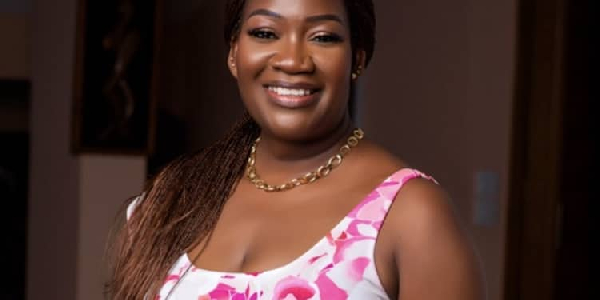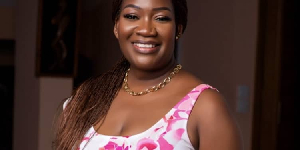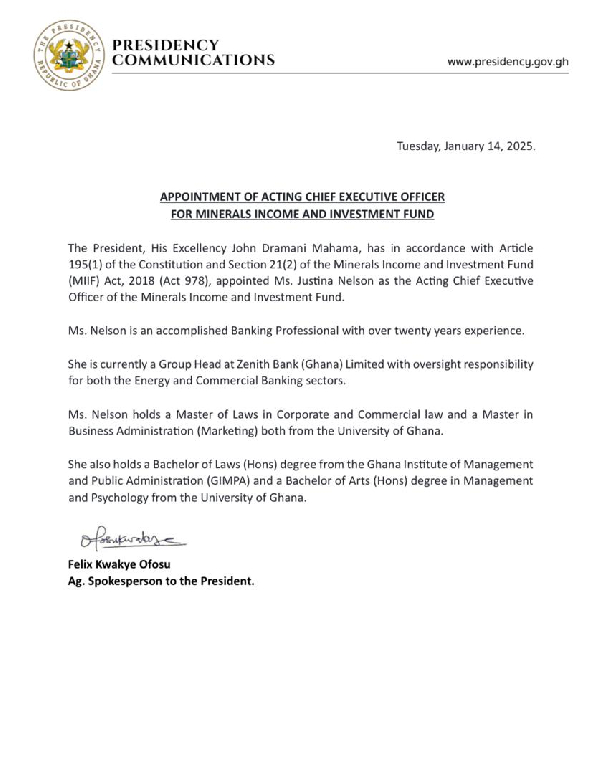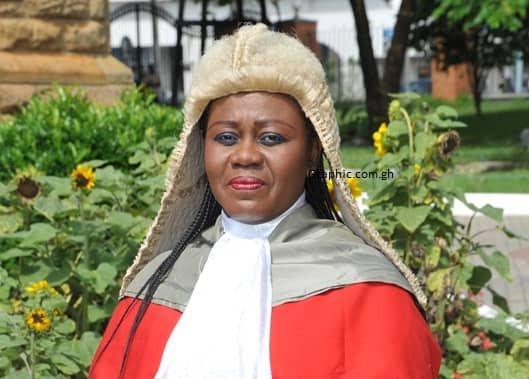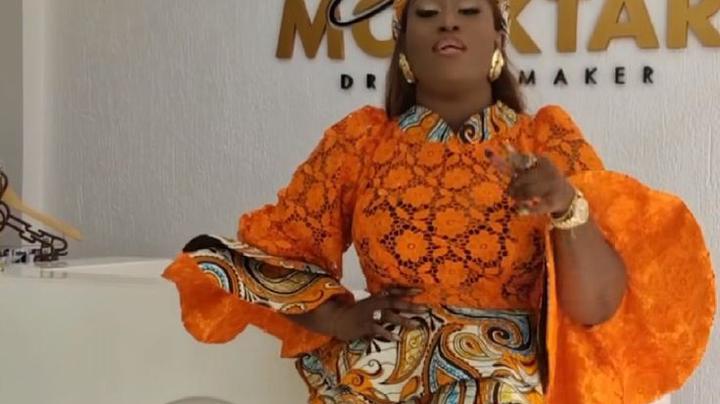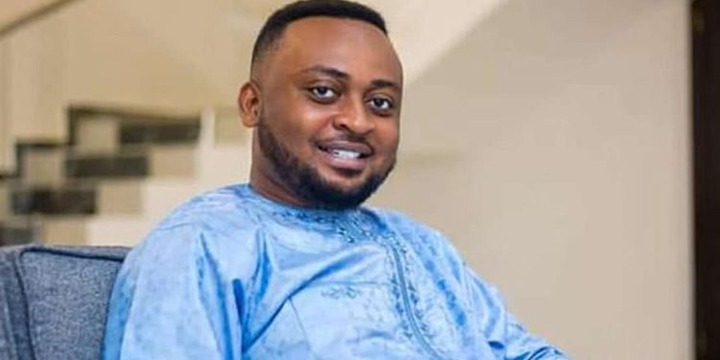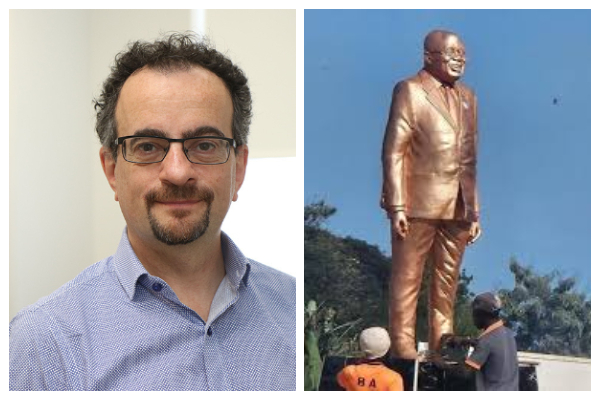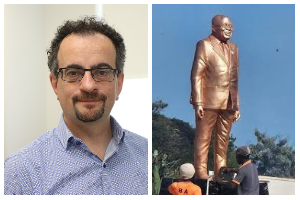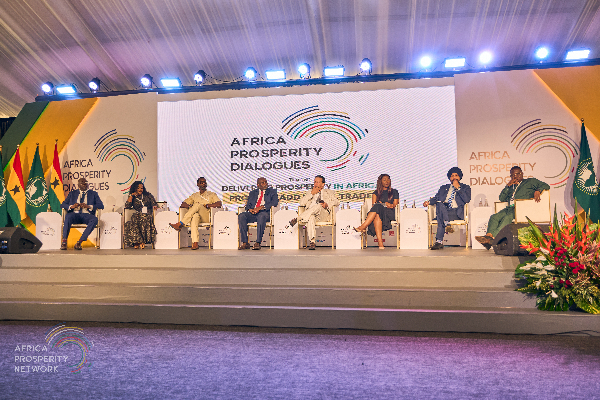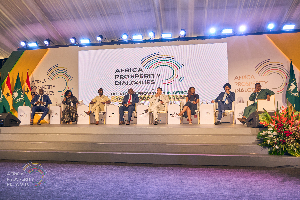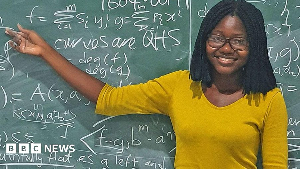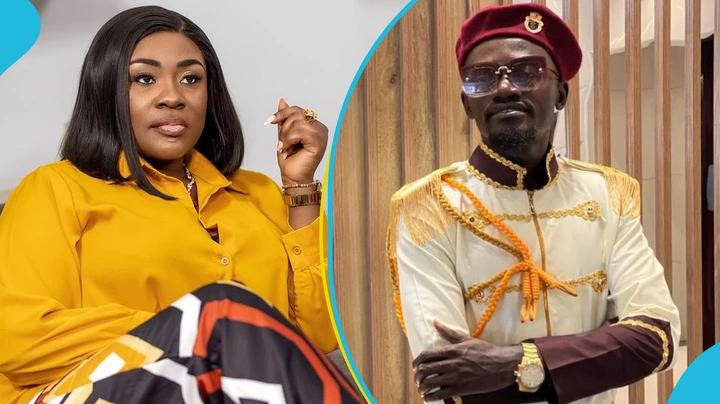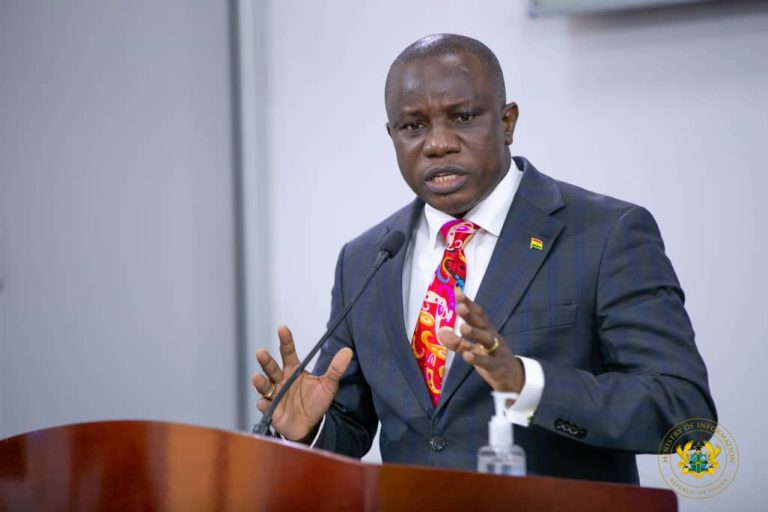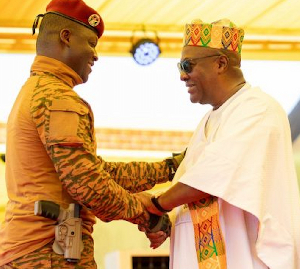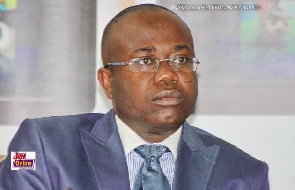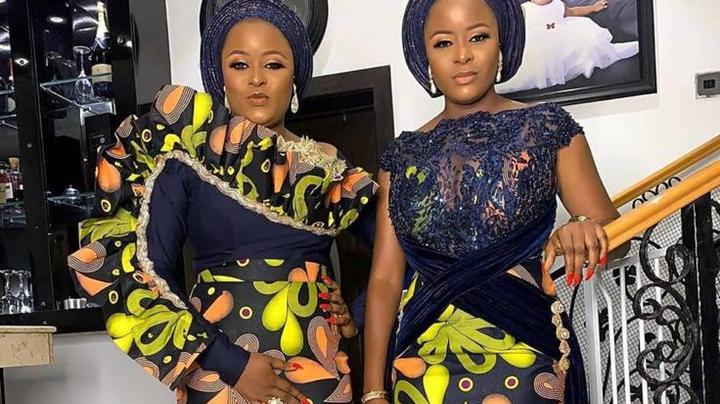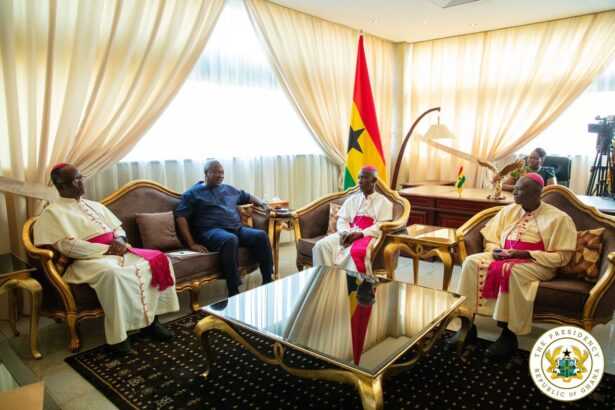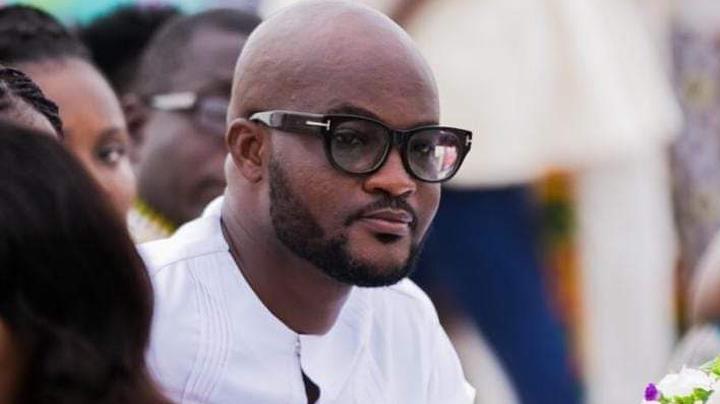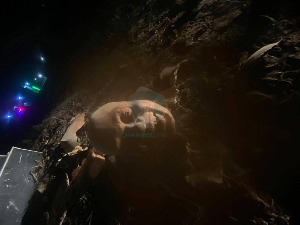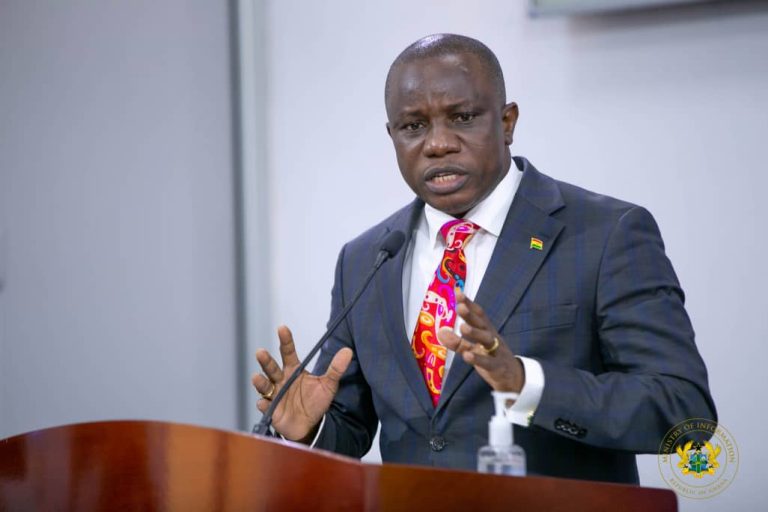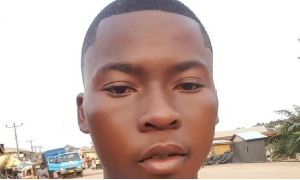Authorities brave freezing temperatures and cut through barbed wire to reach Yoon.
Yoon Suk Yeol has become South Korea’s first sitting president to be arrested after investigators scaled barricades and cut through barbed wire to take him into custody.
Yoon, 64, is being investigated on charges of insurrection for a failed martial law order on 3 December that plunged the country into turmoil.
He has also been impeached by parliament and suspended from office – but will not be removed from his position until the Constitutional Court rules on his impeachment.
Yoon’s dramatic arrest on Wednesday, however, brings to an end a weeks-long standoff between investigators and his presidential security team.
The Corruption Investigation Office (CIO) had previously attempted to arrest him on 3 January but they were blocked by buses and barbed wire.
But just before dawn on Wednesday, a team of investigators arrived, armed with ladders to climb over the buses and pliers to cut through the barbed wire.
Other officers in the team, which numbered around 1,000, scaled walls and hiked up nearby trails to reach the presidential residence.
After several hours, authorities announced that Yoon had been arrested.
In a three-minute video released just before his arrest, the 64-year-old leader said he would cooperate with the investigators, while repeating his previous claims that the warrant was not legally valid.
He said he witnessed how authorities “invaded” his home’s security perimeter with fire equipment.
“I decided to appear before the CIO, even though it is an illegal investigation, in order to prevent any unsavoury bloodshed,” he said.
Yoon’s lawyers have decried his arrest as “illegal” because the CIO, as an anti-corruption agency, has no power to investigate the insurrection allegations against Yoon. They also claim the warrant was issued by the wrong jurisdiction.
However, officials from the supreme court and justice ministry have maintained that the arrest warrant was lawful.
The opposition Democratic Party’s floor leader, Park Chan-dae, said Wednesday’s arrest showed that “justice in South Korea is alive”.
This arrest “is the first step toward restoring constitutional order, democracy and the rule of law,” he said during a party meeting.
The country is currently being led by Finance Minister Choi Sang-mok as acting president. He was thrust into power after the first acting president, Han Duck-soo, was also impeached by opposition majority parliament.
On Wednesday afternoon, investigators said that Yoon was being questioned but had invoked the right to remain silent.
Yoon is expected to be detained overnight at the Seoul Detention Centre in Uiwang, Gyeonggi Province, approximately 5km (3 mi) from the CIO’s office.
If a court doesn’t issue a detention warrant within 48 hours of Yoon’s arrest, however, he will be released, and free to return to the presidential residence.
Pro-Yoon supporters have continued to protest against the arrest outside the investigating office, where he is being held.
They had gathered outside Yoon’s house on Wednesday morning, along with those opposing him.
The anti-Yoon crowd cheered, clapped and blasted out a “congratulations and celebrations” song when his arrest was announced.
The pro-Yoon camp, however, was dismayed. “We are very upset and angry – the rule of law has broken down,” a supporter told the BBC.
While the vast majority of South Koreans agree that Yoon must be held accountable for the martial law order, they cannot agree on what accountability looks like, Duyeon Kim, an adjunct senior fellow at the Center for a New American Security earlier told the BBC.
On Wednesday morning, the two sides underscored the deep divisions in the country – a sign that the political crisis is not over yet as more uncertainty looms.
DISCLAIMER: The Views, Comments, Opinions, Contributions and Statements made by Readers and Contributors on this platform do not necessarily represent the views or policy of Multimedia Group Limited.


